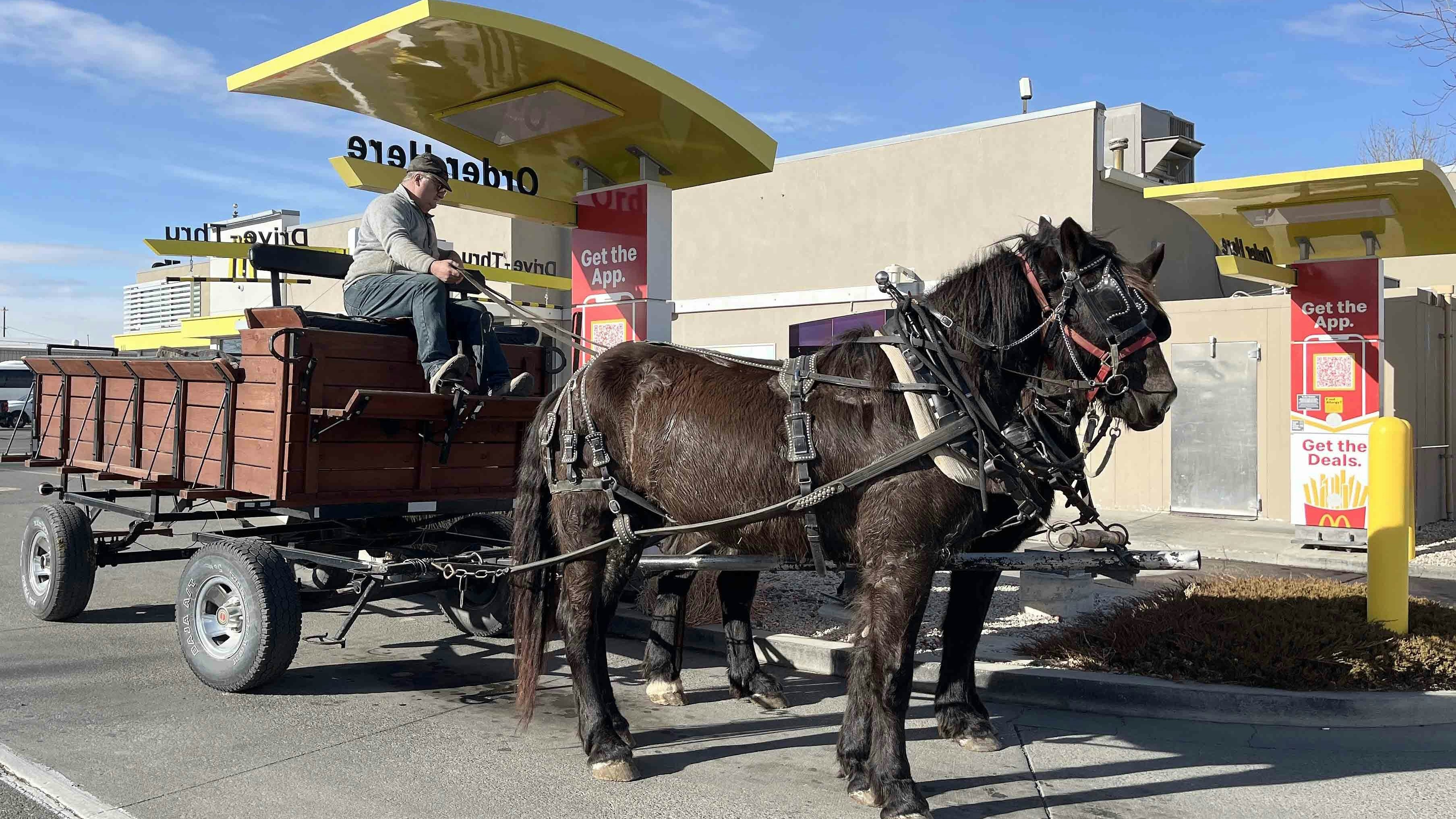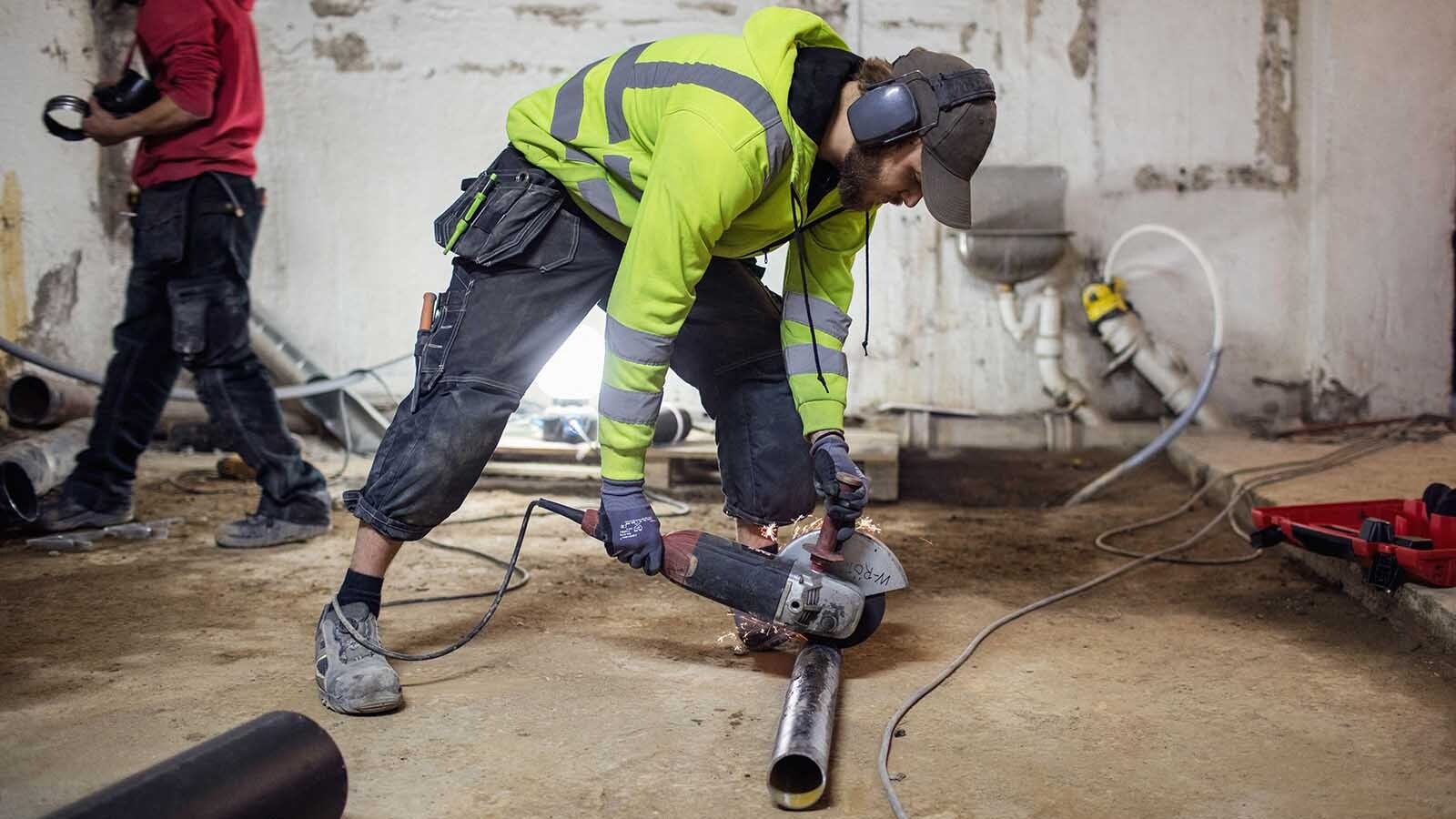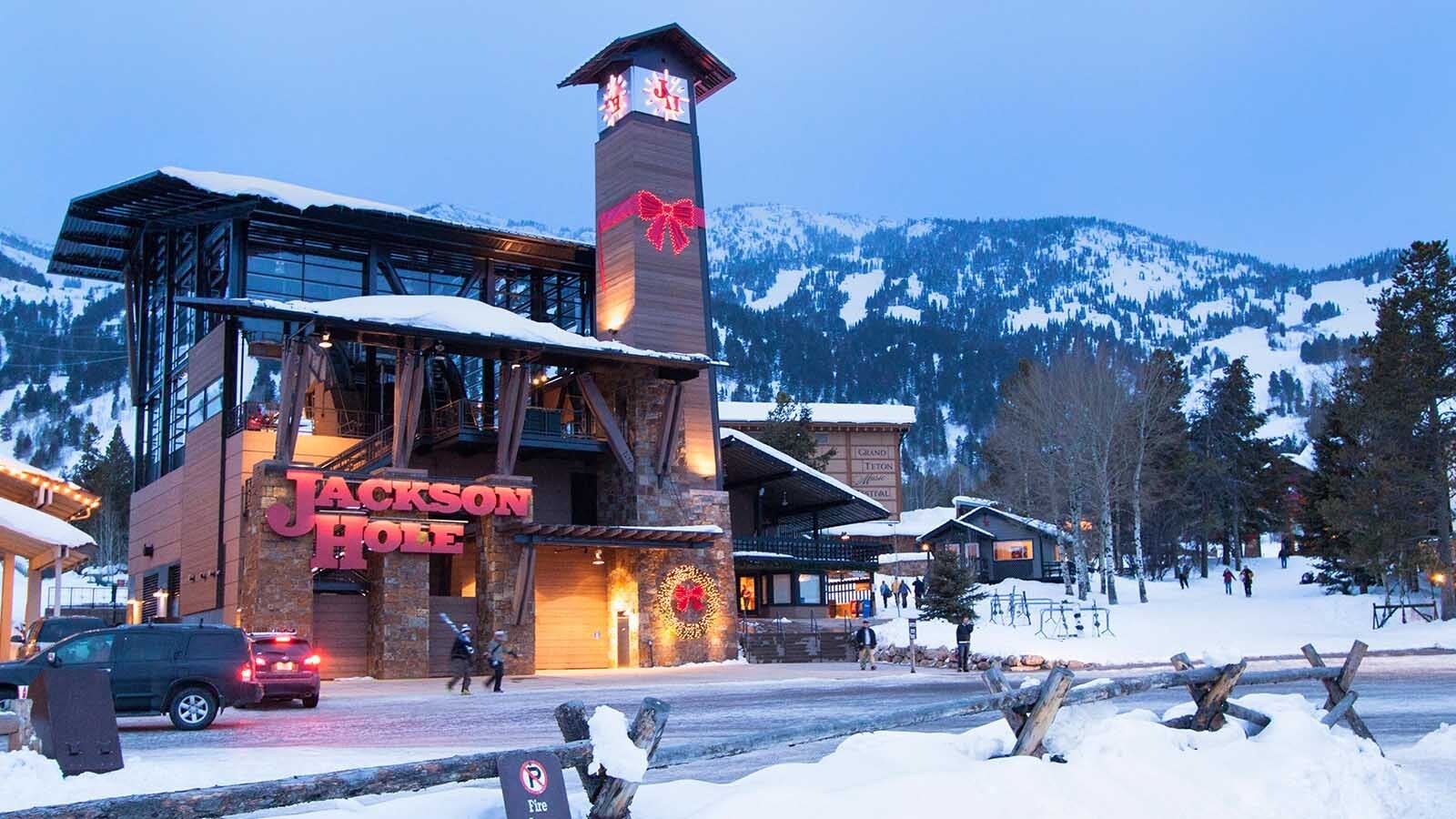Plenty Unlimited received what was, at the time, Wyoming’s largest ever economic development grant to build what would have been the world’s largest vertical farming research center in Laramie. But now the company has filed for Chapter 11 bankruptcy, and the ambitious plans for its 60,000-square-foot Project Jupiter are on indefinite hold.
A company spokeswoman told Cowboy State Daily on Monday morning that the business does plan to keep two locations as part of its reorganization — the vertical strawberry farm it opened in Richmond, Virginia, in 2022, and the already existing Wyoming plant science research and development facility in Laramie.
That facility once served as headquarters for Bright Agrotech, founded by University of Wyoming graduate Nate Storey, a pioneer of vertical farming in the state and a co-founder of Plenty.
Project Jupiter received a $20 million grant came from the Wyoming Business Council, at the time the state’s largest ever.
Wyoming Business Council CEO Josh Dorrell told Cowboy State Daily that the state retains most of the grant money, despite the bankruptcy, thanks to the way it structures these types of grants.
“The business Plenty itself was not the recipient of the funds,” Dorrell explained. The community receives those funds to build a facility that would then be leased back to Plenty.”
It’s also a pay-as-you-go type of system, so the state is never paying for work that’s not yet accomplished. So far, just $1.8 million of the grant funds had been expended for design and engineering work.
“Most, or really all, of that money and the work that was created will be able to be used again by another company in that business park,” Dorrell said. “So, the city will be able to use those plans, and all of the engineering work for the drainage and engineering, for a future building.”
The grant facilitator for the project was Laramie Chamber Business Alliance (LCBA). Its CEO & President Brad Enzi told Cowboy State Daily Monday morning that while it’s disappointing to lose the Plenty expansion project, he’s glad the company is keeping its existing Wyoming facility in Laramie.
“We’re excited to help them through their challenges and continue trying to keep that,” he said. “We think it’s an important market sector and the important thing is to keep growing and looking at new ways to produce food.”

Challenging Time For Vertical Farming
Project Jupiter would have been located in the Cirrus Sky Technology park in Laramie. The focus for the 16.35-acre facility was teasing out the science to improve yields for core crops like leafy greens, strawberries and tomatoes, in an indoor, vertical farm setting.
The new facility would have doubled the available space for such work at Plenty, as well as helping the company explore growing additional crops.
Plenty blamed its bankruptcy on challenges in the vertical farming sector, saying that it’s been a challenging time for the sector in general.
“After evaluating all of our strategic alternatives, we have determined that pursuing a restructuring process is in the best interests of Plenty and all of our stakeholders,” the company said in a media statement emailed to Cowboy State Daily. “Through this process, Plenty will be better positioned to continue working toward our mission to make fresh food accessible to everyone, starting with the year-round production of premium strawberries in our innovative vertical farm in Virginia.”
The company did not respond to further inquiries as to how many people would remain employed at the existing Laramie research facility, either during or following its Chapter 11 reorganization.
The Laramie facility employed 82 in 2023, when the company announced Project Jupiter. That would have added an additional 120 jobs to that.
At the time of the announcement, Plenty said it had raised $1 billion for the facility. It would have rented out the facility being built in Laramie for six years at $7.2 million from the LCBA, after which it could buy out the complex for $3 million.
Trying To Change The Food Game
Plenty seemed poised to be a game-changer when it started in 2017, and part of the reason analysts in that sector were excited was cofounder Storey, who brought a real farmer’s perspective to the business.
Storey, a University of Wyoming graduate, had long been working on vertical farming as a solution to growing more food, by giving plants ideal conditions and boosting yields.
Plenty bought Storey’s Laramie-based startup Bright Agrotech in 2017, as well as raising $200 million in capital at the time and announcing a vertical farming facility for Seattle, Washington.
Storey served as the chief science officer and a co-founder for the new company. He is still listed as a co-founder and chief science officer at Plenty’s website, but it’s unclear if he still works with them. His LinkedIn Profile lists him as the CEO of Soil Action, and as a board member for Plenty.
By 2018, Plenty had announced 300 vertical farms in China, as well as a “few farms” in Japan, and it was selling some produce to grocery stores in California.
New facilities were subsequently announced in Los Angeles and San Francisco in 2019, and the Seattle project was shelved to focus on those.
Then Plenty announced a strawberry partnership with farming company Driscoll’s in 2020, along with $140 million additional capital, followed by acquisition of land for the “world’s largest” vertical strawberry farm.
A $1 billion investment from Realty Income in 2023 accompanied the announcement it was building the world’s largest vertical indoor farming research facility in Wyoming in 2023.
But cracks were already beginning to show for the company by 2024. It had shut down its Compton site in Los Angeles to “shift to strawberries” and then filed for bankruptcy in Texas on March 23.
A hearing has been set for that on April 1.
Optimism For Future In Wyoming
Analysts believe that Plenty can still make it out of this tailspin, if it focuses on what’s working for it right now — its strawberry farm in Virginia.
Dorrell, too, was optimistic, about the company’s prospects in Wyoming.
“They did say to us that they wanted to keep operations going in Laramie, that it is a very important part of their future plans,” Dorrell said. “And while maybe those (plans) are not as certain as they were in the past, they really do like the work being done in Laramie.”
The research component of that work in Laramie can help the company optimize its indoor strawberry growing for Driscoll’s. The latter has struggled to expand its strawberry products to more markets due to the perishability of the crop, particularly when it’s grown outdoors. The company hopes growing strawberries indoors is the answer to better shelf life and more markets.
Dorrell said risk in economic development is something that Wyoming Business Council does consider seriously when it’s evaluating projects for grant awards.
“A lot of businesses that are very mature don’t require as much partnership with state or local governments because they are already well established,” He said. “At the same time, we’re trying to help Wyoming be innovative, and we’re trying to help Wyoming companies continue to grow.”
The elevated risk for innovations is part of the reason WBC structures its grants the way that it does. That way, even if a particular business’ plans fall through, the state’s investments aren’t completely lost. They can be repurposed for a different company. By paying as they go, the state also isn’t stuck paying for work not yet done, either.
“When a community has an opportunity, we want to be able to help understand that risk and make good decisions about that risk,” Dorrell said. ‘Wyoming needs to continue to innovate, and we need to continue to be welcoming to our own businesses that are trying to grow, as well as other businesses that are trying to innovate and thrive. Realizing that if we want to be at the front of innovation, sometimes that’s not going to work out.”
Renée Jean can be reached at renee@cowboystatedaily.com.





